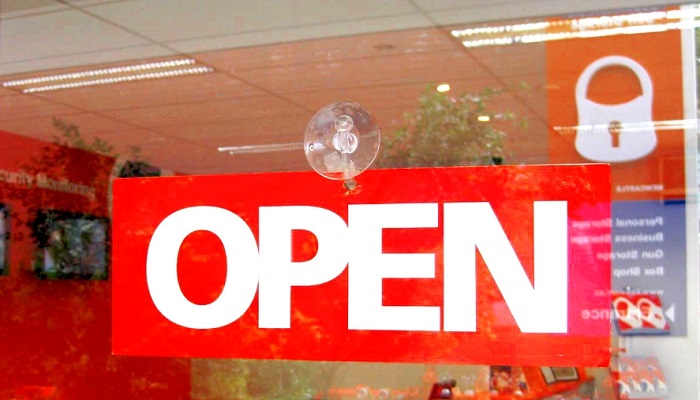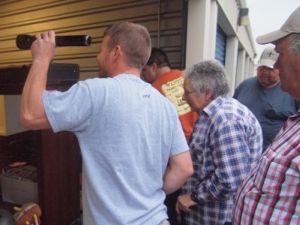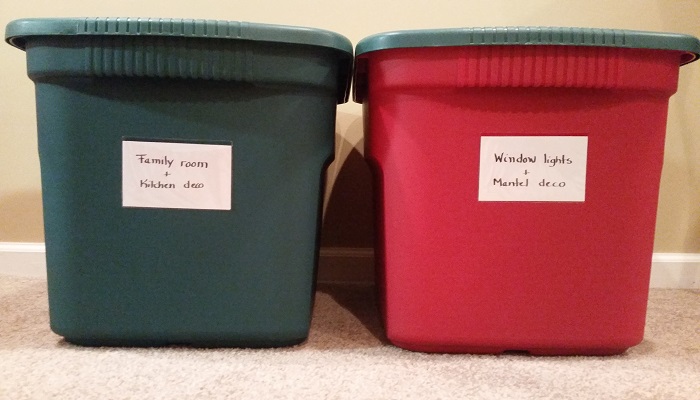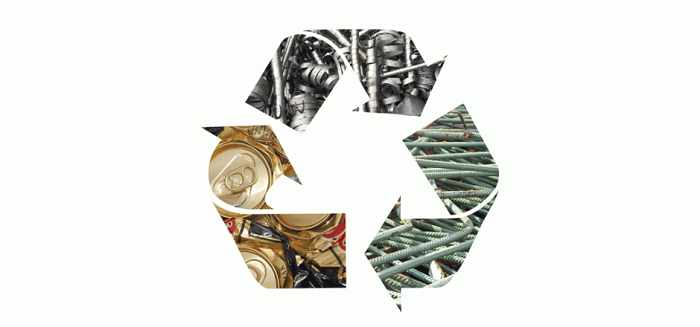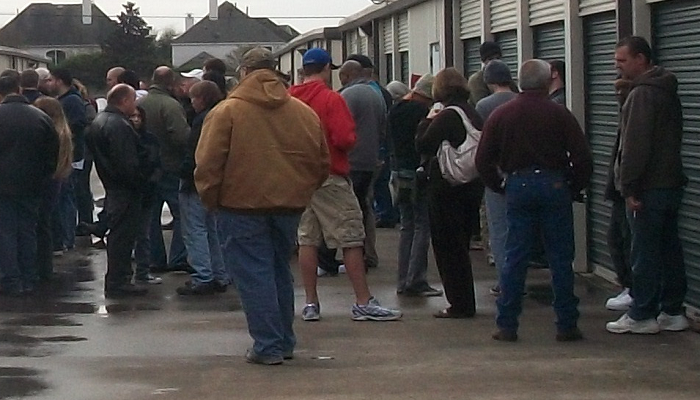Public storage auctions have been going on for decades, but they were relatively unknown until the last few years. Thanks to the popularity of reality shows like Storage Wars, this once obscure industry has begun to see a tremendous surge in interest. As more people look for ways to start their own businesses, the idea of treasure-hunting among storage units becomes ever more appealing.
A few years ago, before the reality shows made public storage auctions a household name, the only people involved in this business were those who already had experience in resale and auctions. This meant that only a small number of people would attend these auctions, and the communities were often quite tight-knit. Now that they are more commonly known, there is an influx of newcomers. If you're new to the business, here is everything you need to know to get started:
Why Storage Auctions Occur
Public storage auctions occur when a storage facility has tenants who abandon their units or fail to pay the rent for a storage unit. In order to recover the lost income from the abandoned unit and get assistance with emptying the unit of its contents, storage facilities auction the contents of a unit to the highest bidder.
In keeping with a state's lien laws, the storage facility must attempt to contact the tenant several times through every known channel of communication. If this fails, the facility must then post a notice of the sale in a public newspaper and hold the auction in public. These controls are put in place to prevent unscrupulous facilities from stealing a tenant's items. By holding the auction publicly, the facility gives the proper owner of the items ample opportunity to come forward and settle the debt.
At the auction, the auctioneer will allow bidders to look at the unit from the entrance and get an idea for what type of items may be inside. The bidding will then start, and the highest bidder will win that unit. Bidding amounts can vary considerably depending on the contents of the unit, the location of the auction and who is in attendance. Due to the popularity of auctions during recent years, bids tend to be higher than they were several years ago.
Once the public storage auction has concluded, the bidder must clean out the unit within 24 to 48 hours. Any items inside the storage unit become the bidder's property, and he can attempt to sell them at a profit or simply use them in his own home. For many people, storage auctions have become one place to obtain inventory for large-scale resale businesses or internet-based shops.
How to Find Storage Auctions
If you're interested in finding a public self storage auction to attend, there are several options:
- Check the local newspapers for announcements. In addition to the main paper in your city, you may want to check the paper for outlying cities as well. Running an ad in a small local paper is often cheaper, which means many facilities will choose to advertise in these venues whenever possible.
- Follow local auctioneers. There are usually only a few auctioneers that handle a good amount of the auctions in a city. Once you figure out which auctioneers usually handle public storage auctions, you can check their websites to get an idea for the upcoming auction schedules.
- Call the storage facilities. You can contact storage facilities directly to figure out what their auction schedules are and which auctioneers they usually use. Many facilities run their auctions on regular schedules, so you can update your calendar accordingly. Just be aware that storage facility managers tend to be very busy and can get impatient with constant inquiries; do your best to figure out the schedules on your own before calling with questions.
- Check an online listing. There are several websites devoted to offering schedules for public storage auctions. Some of the national listings may not be very thorough, but local listings can often give you access to more auctions than you might have found on your own. If you live in Texas, our own service at Texas Storage Auction Schedules & News can provide you with the most thorough listing of auctions for the major cities in Texas.
Whether you run a resale business or just want a few new items to outfit your house, public storage auctions are a great way to find low-priced second-hand goods. By knowing where and how the auctions occur and how to get more information about them, you can prepare yourself for auction-hunting success.

